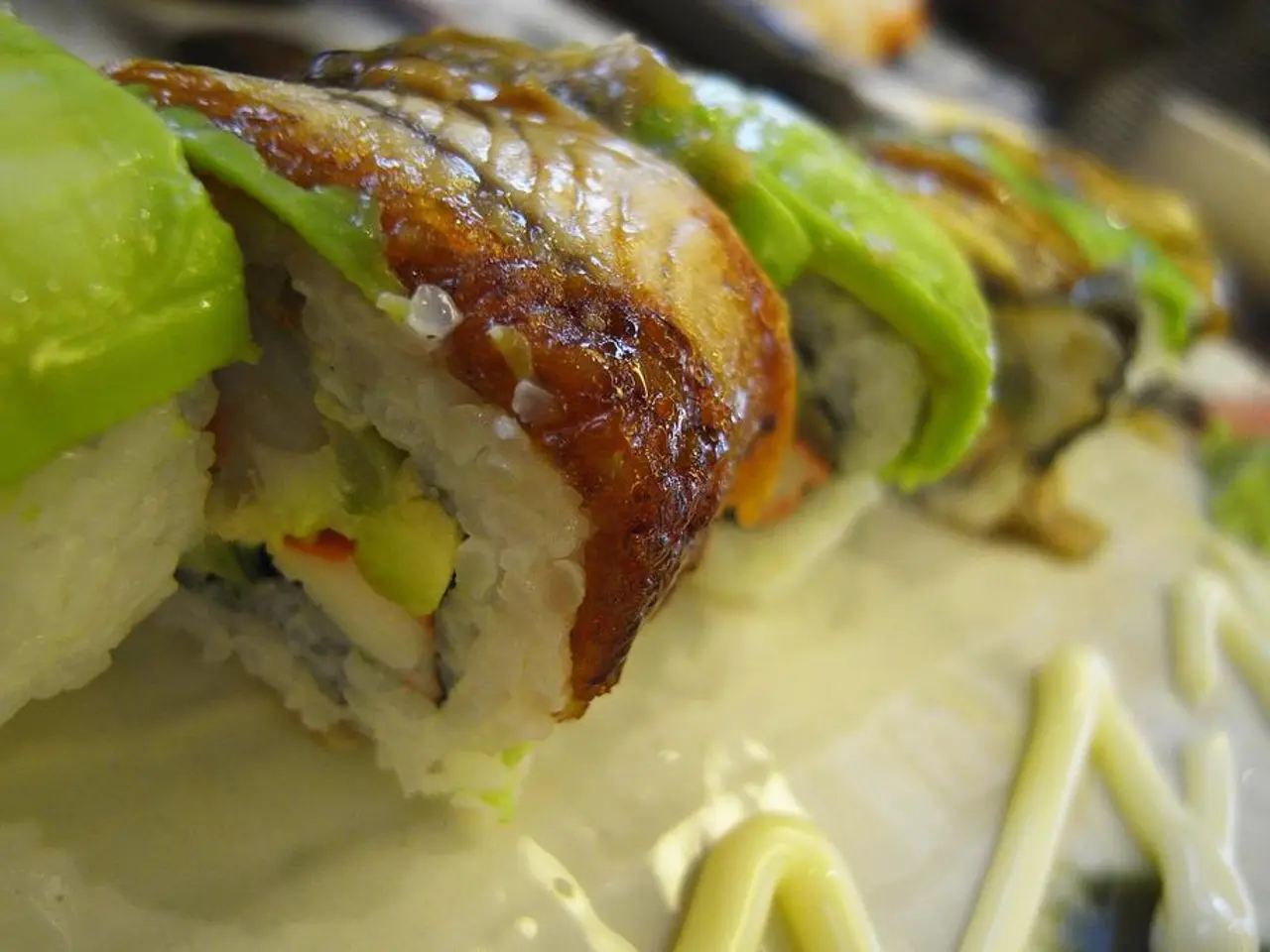Exploring the MoralJustification of Means vs. Ends: A Comparative Study between Eastern and Western Philosophical Views
In the realm of ancient Chinese thought, a distinct approach to governance and warfare emerged, characterised by a strategic emphasis on subtlety and indirect methods. This philosophy, often referred to as "craftiness," is evident in the works of various classical thinkers and strategists.
Shen Buhai, a Legalist philosopher, advocated for rulers to exercise minimal direct intervention and instead rely on careful administrative methods. He emphasised the importance of concealing intentions and weaknesses, a strategy that involved secrecy, disguise of wisdom or ignorance, and restrained but efficient control. This approach, often referred to as wu wei or non-action, was designed to maintain power and stability [1].
Shen Dao, another influential thinker, developed the concept of shi, or situational advantage. This concept underscored the strategic principle of maneuvering opponents into weak positions while strengthening one’s own. It stressed flexibility and indirect tactics, reflecting an inherently crafty and adaptive approach [2].
Sun Tzu's The Art of War is foundational in discussing craftiness in military strategy. It promotes deception as a core principle, encouraging making the enemy believe the opposite of the truth, managing appearances, and striking when conditions are most favorable. This approach, favouring indirectness and surprise over direct conflict, is a reflection of the same strategic philosophy evident in Shen Buhai's and Shen Dao's writings [3].
Later classical scholarship, such as that explored in the Ming dynasty by figures like Qiu Jun, melded Confucian ethical concerns with these practical statecraft strategies. They stressed the importance of effective governance through learned scholarship, moral rhetoric, as well as pragmatic administrative calculations that echo earlier legalist and strategic subtlety [3].
In contrast to some Western traditions favouring direct confrontation, this Chinese approach to strategy and governance valued harmony, balance, and long-term stability achieved through controlled and concealed exertion of power rather than brute force or transparency. However, it is important to note that this emphasis on craftiness in ancient Chinese thought extended to the justification of success by any means, regardless of moral implications [4].
Early Chinese chronicles describe the use of "stealthy intrigues" and "perverse methods" in statecraft, and the Book of Documents is said to contain methods for conducting warfare, making it a potential secret weapon [5]. The ruling elites of the West, on the other hand, were criticised for their immersion in fables of their own making and their eventual moral degradation after success [6].
In ancient China, the acquisition of power was seen as proof of divine favour, according to the doctrine of "the Mandate of Heaven." However, the idea of a constitutional process, with limited power under the rule of law, was alien to Chinese thought and practice [7].
Today, China and Russia, as leading empires of the Sun-tzu legacy, continue to employ Machiavellian methods and those taught by Sun-Tzu. Yet, the cynical use of dishonesty and cruelty by those in power during the Chinese era of the Warring States is a cautionary tale, highlighting the risks and moral implications of such strategies [8].
References:
[1] Shen Buhai, "The Book of Lord Shang" (translated by John Knoblock and Jeffrey Riegel). [2] Shen Dao, "Basic Writings" (translated by Angus C. Graham). [3] Sun Tzu, "The Art of War" (translated by Samuel B. Griffith). [4] Qiu Jun, "Instructions for Governance" (translated by John Makeham). [5] Book of Documents, various chapters. [6] Polybius, "The Histories" (translated by Ian Scott-Kilvert). [7] Titus Livius, "History of Rome" (translated by Canon Roberts and William J. Paton). [8] The Anarchist Library, "The Art of War by Sun Tzu."
- In the realm of ancient Chinese thought, a distinct approach to governance and warfare emerged, characterized by a strategic emphasis on subtlety and indirect methods, evident in the works of classical thinkers and strategists like Shen Buhai and Shen Dao.
- Shen Buhai, a Legalist philosopher, advocated for rulers to exercise minimal direct intervention, relying instead on careful administrative methods and concealing intentions and weaknesses through secrecy, disguise of wisdom or ignorance, and restrained but efficient control.
- Shen Dao developed the concept of shi, or situational advantage, which emphasized the strategic principle of maneuvering opponents into weak positions while strengthening one’s own, stressing flexibility and indirect tactics.
- Sun Tzu's The Art of War promotes deception as a core principle, encouraging making the enemy believe the opposite of the truth, managing appearances, and striking when conditions are most favorable.
- Later classical scholarship, such as that explored in the Ming dynasty by figures like Qiu Jun, melded Confucian ethical concerns with these practical statecraft strategies, stressing the importance of effective governance through learned scholarship, moral rhetoric, and pragmatic administrative calculations.
- The use of "stealthy intrigues" and "perverse methods" in statecraft was described in early Chinese chronicles, and the Book of Documents is said to contain methods for conducting warfare, making it a potential secret weapon.
- Today, China and Russia, as leading empires of the Sun-tzu legacy, continue to employ Machiavellian methods and those taught by Sun-Tzu, but the cynical use of dishonesty and cruelty by those in power during the Chinese era of the Warring States is a cautionary tale, highlighting the risks and moral implications of such strategies.







